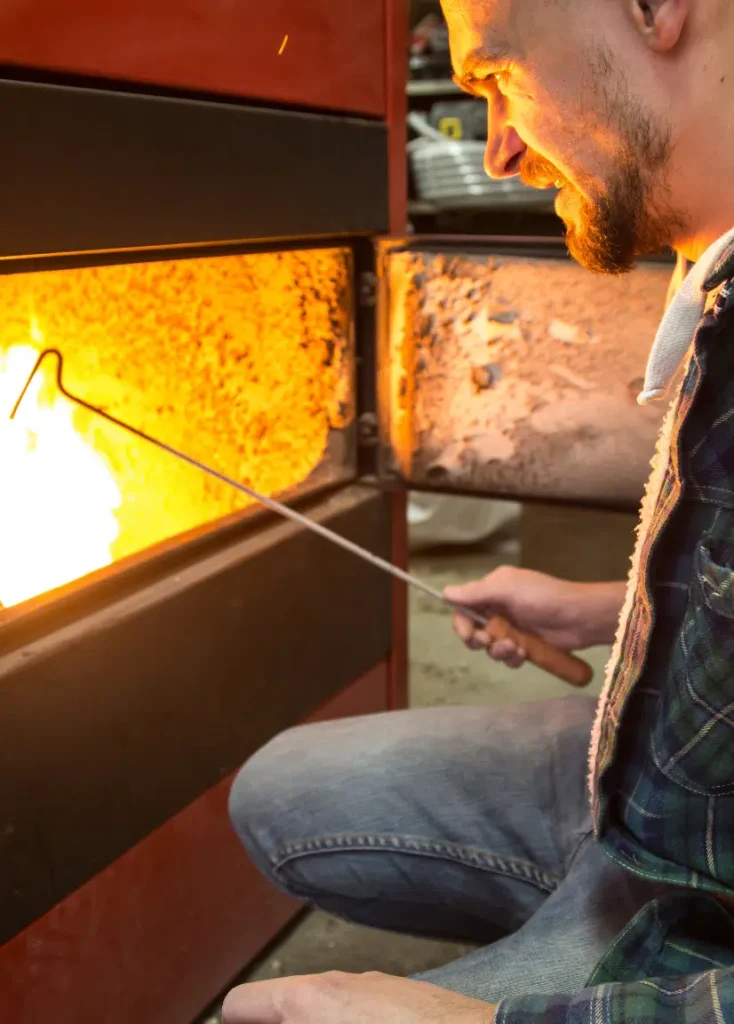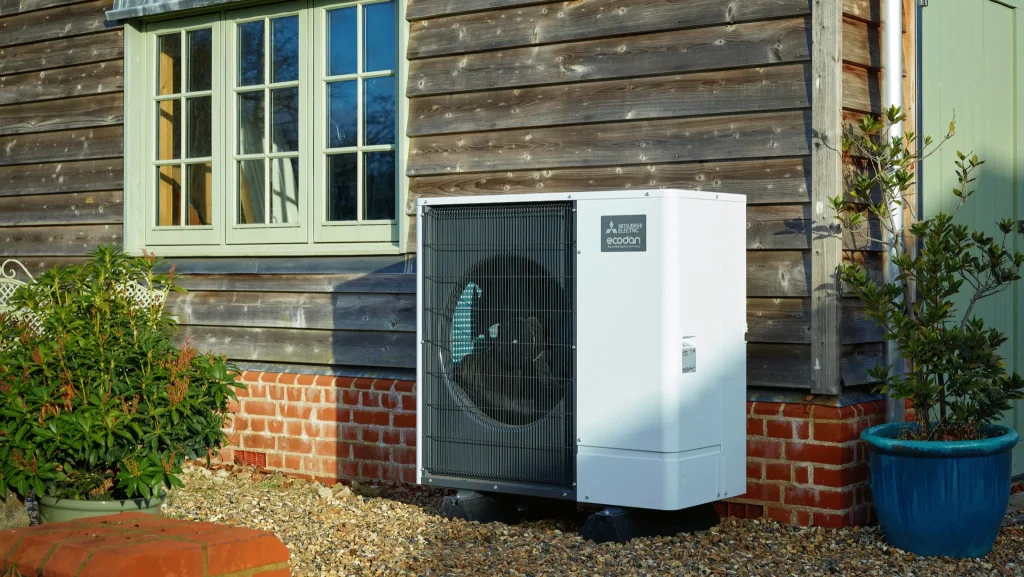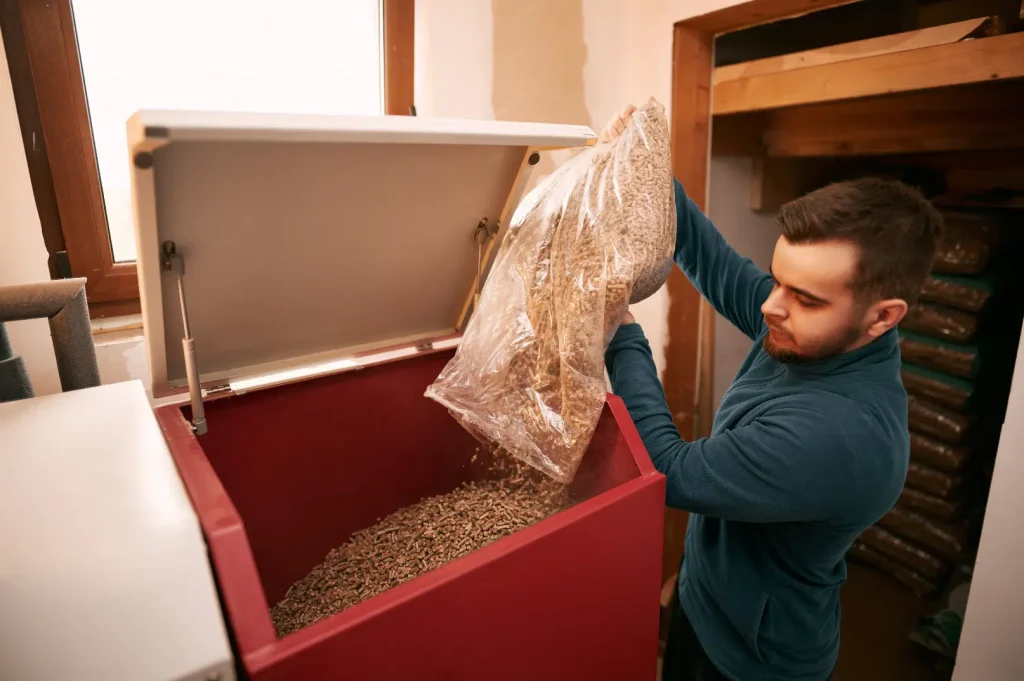Biomass Heating Vs Heat Pump Technology
Heat Pumps vs. Biomass Boilers: Sustainable Heating Showdown for a Net Zero UK
With the current majority of households and businesses in the UK still relying on gas to supply their heating, alternative options such as electrical heating systems and heat pumps are starting to become more common as the UK government scales up its efforts to reach net zero. This has also seen the popularity of biomass heating begin to increase, although at this stage biomass heating still only accounts for around 7% of UK buildings. Burning biomass fuel still produces pollution but is significantly more sustainable than fossil fuels, but how does it measure up against heat pumps?
| Biomass Heating Systems | VS | Heat Pumps |
|---|---|---|
| 80-90% | EFFICIENCY | 300-400% |
| 20-30 years | LIFESPAN | 10-15 years |
| £1.20 per hour | RUNNING COSTS | £0.48 per hour |
| 1-2 per year | MAINTENANCE | Every year |
| Heating only | HEATING & COOLING | Dual functionality |
Achieving Net Zero in the UK by 2050: A National Effort
What Are Biomass Heating Systems?
While biomass heating requires fuel in order to produce warmth, the heat pump technology used in air conditioning units is powered by electricity, although not quite in the same way.

Heat Pumps Vs Biomass Heating Systems:
Which Is More Efficient?
Much like gas boilers and electric heating systems, biomass efficiency differs depending on the type and age of the system as well as the fuel used. The most common fuel for biomass heating systems is wood, which comes in the form of pellets, chips or logs.
At MAC, we utilise heat pump technology to provide our customers with the most efficient systems on the market that offer both heating and cooling on demand. Get in touch with our friendly experts to discover how you can stay cosy in all seasons.


Heat Pump Tips
Commercial Heating Systems
Home Heating Systems
Are Heat Pumps More Expensive than Biomass Heating?
Biomass Heating Costs
Biomass Heating Costs
MAC is here to help with all your questions and considerations about heat pump technology so you can find the best solution to suit your needs. Our expert team of qualified engineers ensure not only the highest standards, but a wealth experience to ensure you get the very best out of your investment, giving you peace of mind you’ve made a sound choice for your energy needs.


Heat Pumps vs. Biomass Heating
What Heating Solution is Cheaper to Run?
For more information on our maintenance plans, get in touch with a member of our friendly, expert team today by calling 0121 730 4800 or by emailing sales@midlandaircon.co.uk










